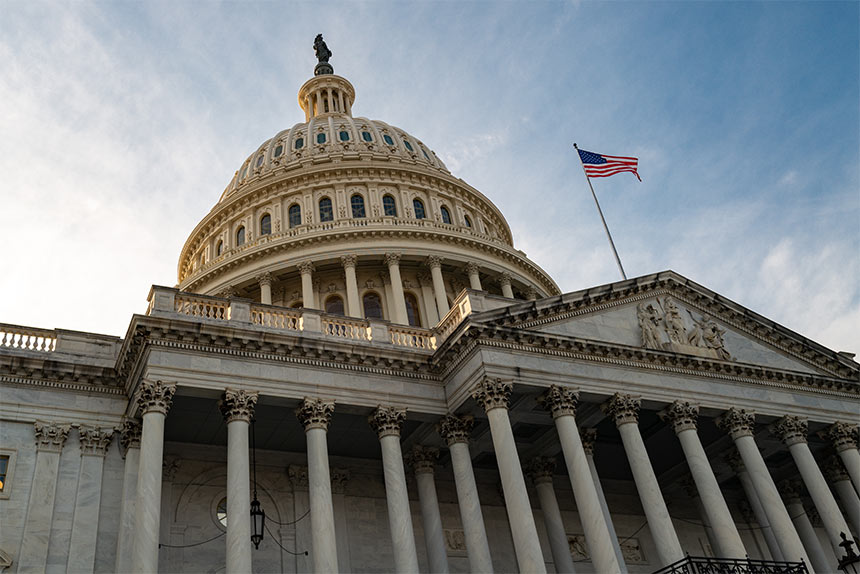Attorney Corey Silverstein Announces TES Prague 2025 Attendance and Seminar Lineup
Prague, Czech Republic (July 28, 2025) Corey Silverstein, the founding member of Silverstein Legal, is pleased to announce that he will be attending and presenting at TES Prague 2025. The TES Prague show takes place from September 11th through September 14th in Prague, Czech Republic at the Vienna House by Wyndham Diplomat Prague. “I am thrilled to be traveling to the other side of the globe for this incredible event. TES tradeshows are always some of the best events in the world and it’s an honor to have the opportunity to interact with so many incredible people in a short time.” Silverstein said. “I’m especially looking forward to spending personal time with my clients and friends across the ocean vs. a Zoom room.” Silverstein continued. At this year’s event, Silverstein will be hosting the 2 key legal seminars and participating as a panelist on a third special AI event. The first seminar will take place on Saturday, September 13th at 12 PM CEST. Join Silverstein for a discussion on Age Verification and how the US Supreme Court’s decision on age verification will impact AV law in the US and globally. The second panel will take place on Saturday, September 13th…











